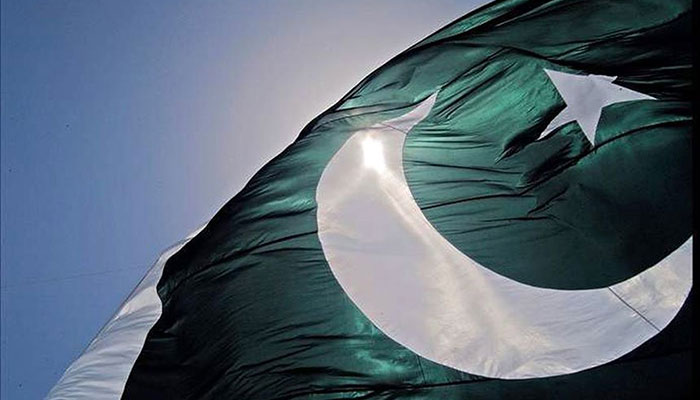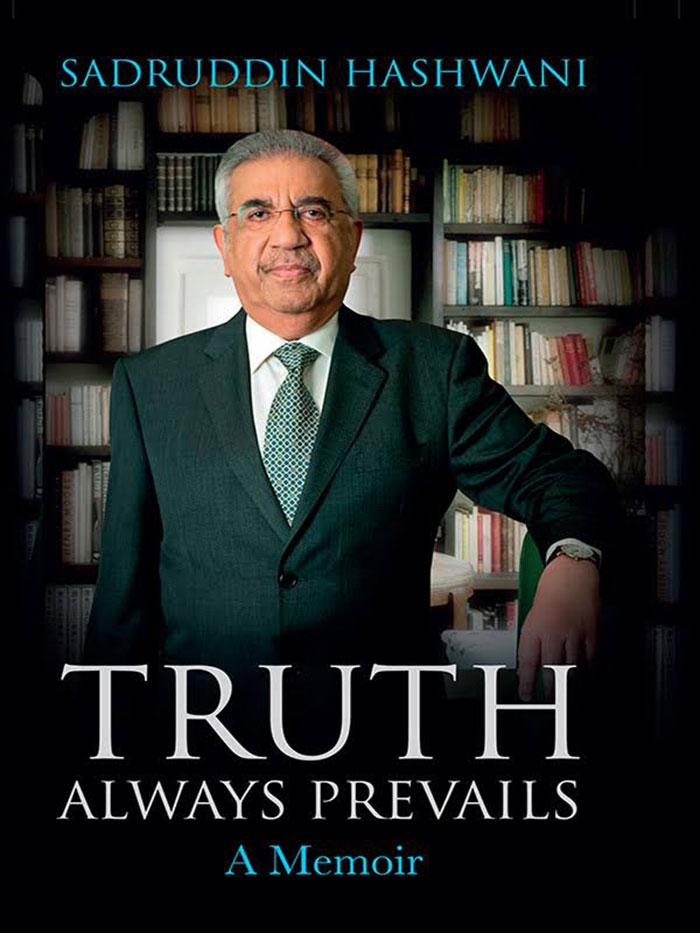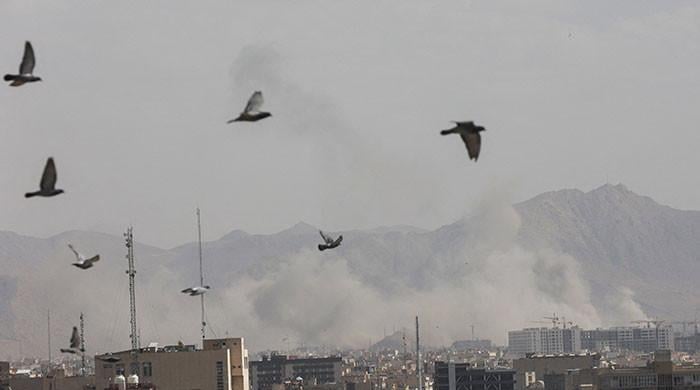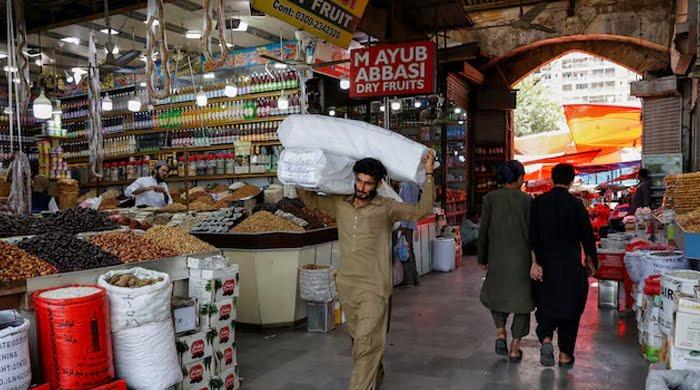What is holding Pakistan back?
In Pakistan, progress comes at a high social, political and economic cost, writes Imtiaz Gul
August 14, 2017

With the July disqualification of Prime Minister Nawaz Sharif from office, however controversial, and the initiation of four criminal cases against him and the family for fraud, forgery and concealment of assets nearly two weeks before Pakistan turned 70, has led to the country crossing yet another milestone — instead of a military coup, the judiciary has become Sharif’s nemesis.
Never before had the apex court taken up the case of graft and alleged money laundering involving a prime minister – essentially motivated by the release of Panama Papers by the International Consortium of Investigative Journalists and relentlessly pursued in the court by Imran Khan, the chairman of the Pakistan Tehreek-e-Insaf. Also, the process that had begun with former Chief Justice Iftikhar Chaudhry – therefore, the defiance of a troika of generals led by General/President Pervez Musharraf in March 2007 at the Camp Office in Rawalpindi - was a big stride towards democratic maturity and accountability from the top. Regardless of what this process means for the incumbent rulers, it certainly is a continuation of the 2007 events.
In his memoir, Truth Always Prevails, Sadruddin Hashwani, one of Pakistan’s most prominent businessman and hotelier, encapsulates the control of a few over Pakistan’s political economy in the following words, “to be a businessman in Pakistan is to negotiate a minefield. Corruption and nepotism are second nature to our politicians and civil servants and, regrettably, to a few senior generals too. They crush and throttle new ideas or initiatives. The system of controls and regulations that has been engineered by our governing elites are designed to protect privilege and not encourage talent …others have compromised with the circumstances and given in – I have not and that is why I find myself in Dubai rather than in my treasured Karachi or in my home in Islamabad.”

This excerpt summarizes Pakistan’s journey from a nascent, poorly resourced country in 1947 to one that has grown to over 200 million, equipped with a nuclear bomb, and boasting a nearly $284 billion GDP in 2016 (up from a paltry $3.71 billion in 1960).
But this progress has come at a high social, political and economic cost under the shadows of a self-serving civilian-military elite, almost always backed and guided by an equally corrupt and self-centered bureaucracy – not to speak of four major military interventions between 1958-1999, which not only emasculated civilian governance institutions but also corrupted the political economy of the country.
Together the civilian and military elites have systematically controlled and exploited to the hilt state corporations such as Pakistan International Airlines (PIA), Oil and Gas Development Corporation (OGDCL), Oil and Gas Regulatory Authority (OGRA), Water and Power Development Authority (WAPDA), Pakistan Steel Mills (PSM), Pakistan Railways (PR), Pakistan Telecommunications Corporation (PTCL) and the Karachi Electric Supply Corporation (KESC) – all reeling from corruption, nepotism and mismanagement – factors that authors of “Why Nations Fail?” underscore as primary culprits for the capture of national resources in countries such as Pakistan.
Successive rulers did not spare even the state electronic media – Pakistan Television (PTV) and Pakistan Broadcasting Corporation (PBC) – both running deficits of hundreds of million at the moment and are often run by handpicked party loyalists or pliant bureaucrats.
Most are financially bleeding, due abuse of authority, narrow-ended extractive practices and surreptitious disposal of state assets possibly to favorites. The elite capture in Pakistan is indeed a long litany of the progress of a few dozen families and their extended social circles at the cost of millions, whose votes make and break governments. Yet, they, the masses, the many remain marginalized, always hanging by hope for a better tomorrow through the people they vote for.
The fact that ex-premier Nawaz Sharif appointed Saeed Ahmad, a former caretaker of a nursing home in London, as president of the National Bank of Pakistan a few weeks ago also exemplifies how the political elites stuff key positions with the people of their choice.
Extraction and manipulation through state institutions has not only seriously weakened these institutions but also helped the elites gain a parasitical control over resources. As noted economist Sakib Sherani puts it, if only Pakistan can make the transition to the rule of law, it will virtually guarantee a stronger economy and a better quality of life for its citizens. Extricating the country from the clutches of the self-serving ruling elites is a long haul, though.
Circumstances surrounding and investigations into the Panama Papers also reveal how the elites in this country have crafted laws to suit their financial interests. The central State Bank of Pakistan, for instance, told the Senate Committee on Finance, on July 18, that it is scrutinizing 2,785 expensive gifts given to persons outside the ruling family – basically underscoring either tax evasion or money-laundering. Such laws appear to be the escape route for keeping funds - legitimate or otherwise – off the FBR’s radar or providing them a sinister cover.
As part of its accountability drive, the Supreme Court could ask the FBR and request the parliament to amend such laws and set new benchmarks for the rule of law and accountability.
Gul heads the Islamabad-based Independent Centre for Research and Security Studies. He is also the author of Pakistan: Pivot of Hizbut Tahrir’s Global Caliphate
Disclaimer: The views and opinions expressed are those of the author and do not necessarily reflect the official policy or position of Geo News or the Jang Group.











